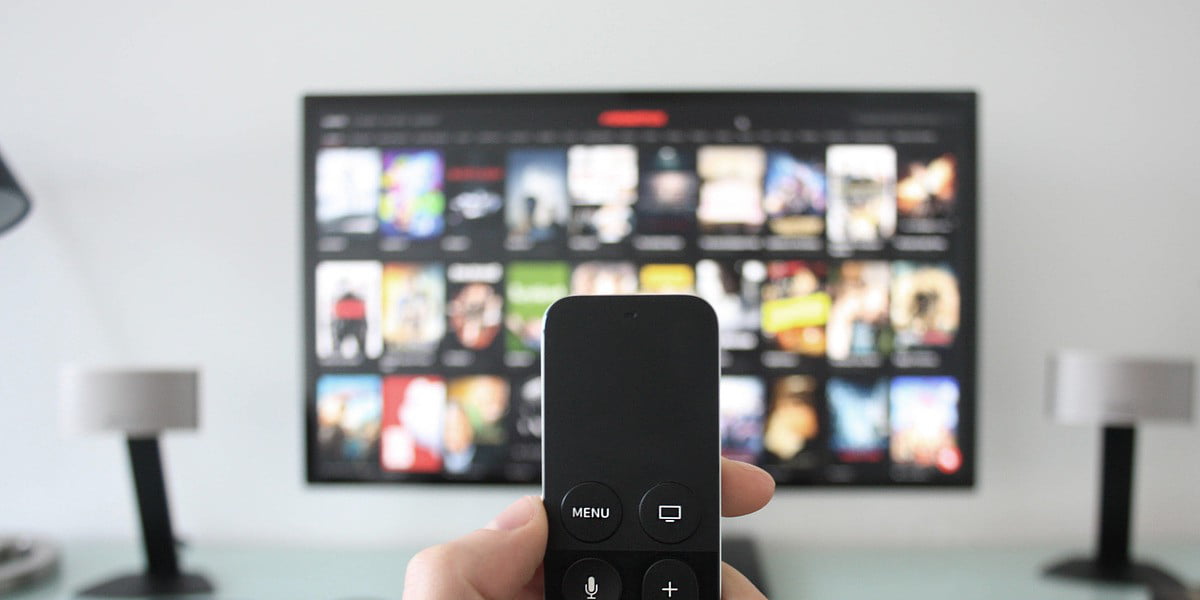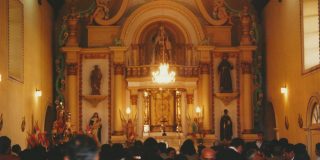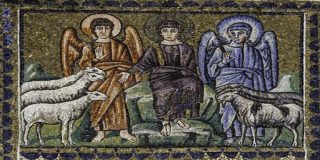I am reading Derek Flood’s Healing the Gospel and have been riveted by his discussion of sin. He suggests that for too long Christians have held a forensic understanding of sin when what we need is a medical model. The forensic model sees us as sinners deserving of punishment and focuses on Jesus as the One who rescues us from the penalty of sin, where the medical model sees us as sinners in need of healing and focuses on Jesus as delivering us from the power of sin.
My default approach has long been the forensic one. We willfully do things that harm others, ourselves and creation and will be called to account for it. I continue to believe this to be true.
I don’t want to jettison the forensic model, but I think Flood is correct to say we need to place far greater emphasis on the medical model. This model recognises the language in the New Testament about being caught up in the power of sin. Human beings are not only perpetrators of sin but victims of it. Sin is an oppressive power that leaves us broken, oppressed, unable to do the good we want. Sin creates systems of power – economic, social, political, cultural – that trap us, hurt us, hold us back from flourishing. This is why Jesus liberated those tormented by demons, forgave the sinner, healed the sick. Here the emphasis is not on culpability but freedom from that which oppresses, holds us back.
When I was younger I read a book by JC Ryle called “Holiness”. Ryle bought into the concept of original sin, that we are hopeless sinners possessed of a nature that is prone to sin. In one memorable passage he describes the parents of a newborn caught up with love for their baby gushing about how beautiful and innocent the child is. Ryle retorts that this baby is no angel but a little sinner prone to evil.
A medical model thinks not in terms of original sin, but original goodness. We are amazing beings created in the image of God. We can’t help but be inclined to love, kindness, generosity. Sin distorts the ways we express this – eg we direct great love to our children while we neglect the poor Indian child – but as Christ changes us we love in ways more and more after the love of God.
At the end of the day I want to hold onto both models. I am both a perpetrator and a victim of sin. Nonetheless, I find the medical model really does frame the gospel as good, hopeful news. May there be more of it.






